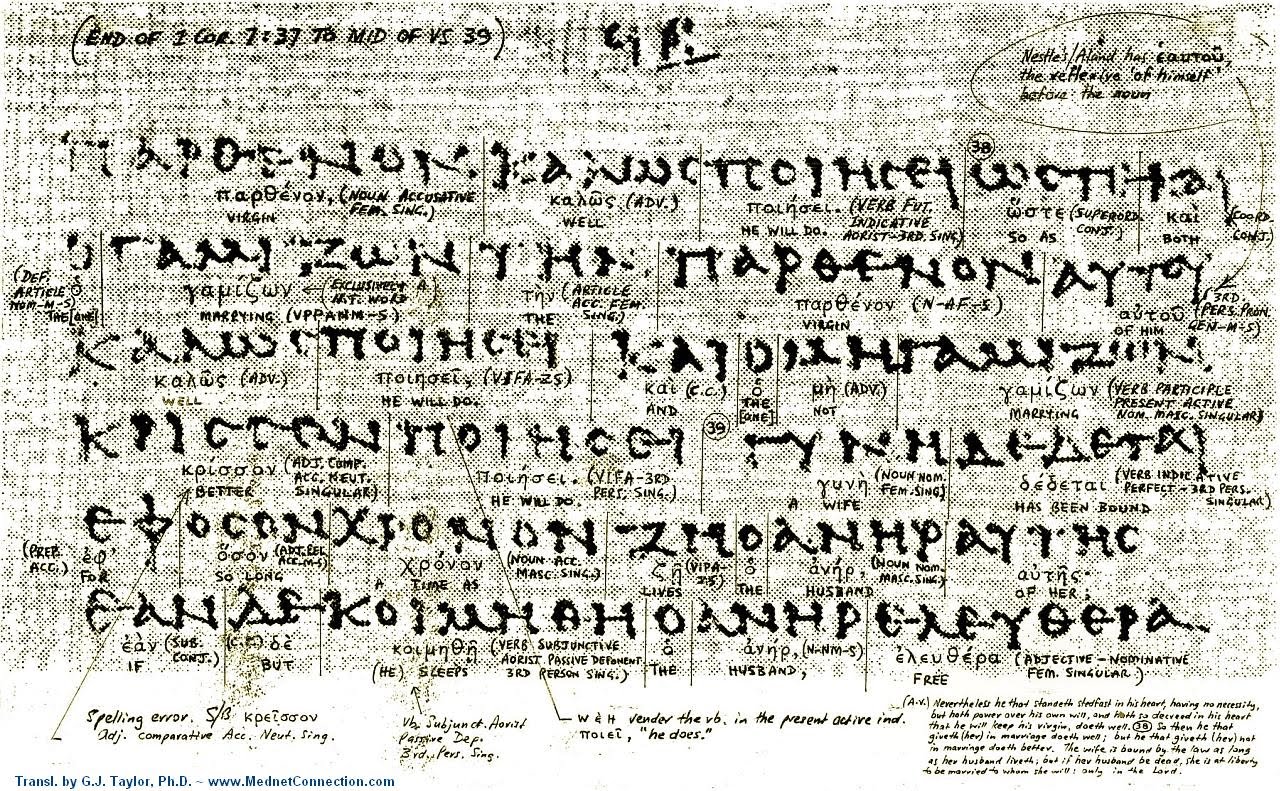Sorry about the paucity of content. Having gotten my hands on some early
extant manuscripts, I am in the process of parsing several critical passages
from the New Testament that unequivocally reveal the face of the Babylonian
"church," which, as foretold in apocalyptic literature, will rise and fall (see Rev.
17). Some of you will already have experienced persecution by the universal
organization that continues to regard us as heretics, politically incorrect,
non-progressive and "outside the church."
I hope to post some translations and exegetical text in the very near future,
including the full identity of Babylonianism that is not restricted to ecclesiastic
bodies.
extant manuscripts, I am in the process of parsing several critical passages
from the New Testament that unequivocally reveal the face of the Babylonian
"church," which, as foretold in apocalyptic literature, will rise and fall (see Rev.
17). Some of you will already have experienced persecution by the universal
organization that continues to regard us as heretics, politically incorrect,
non-progressive and "outside the church."
I hope to post some translations and exegetical text in the very near future,
including the full identity of Babylonianism that is not restricted to ecclesiastic
bodies.
